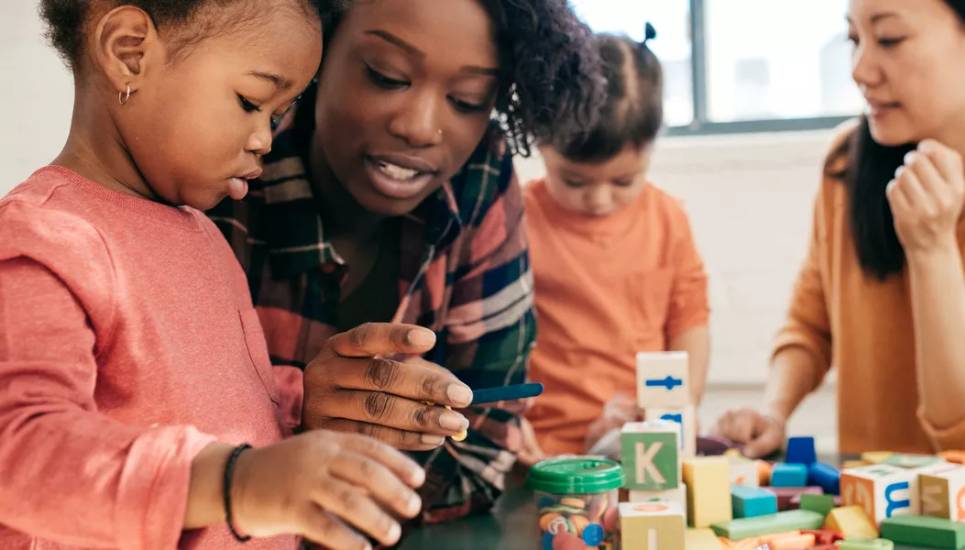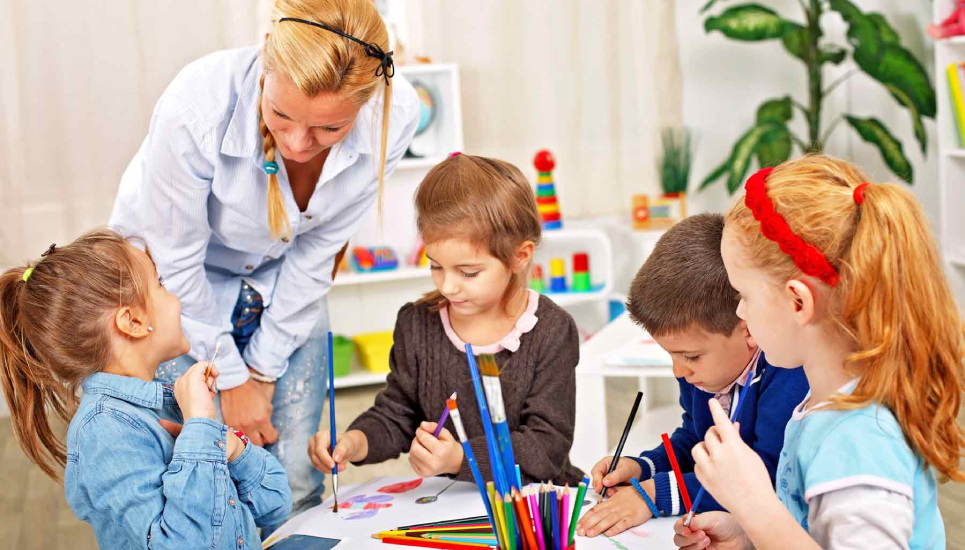
Preschool Development
We believe in providing you with the most valuable insights and information to help you navigate this exciting phase of a child’s life. In this article, we will delve into the intricacies of preschool development, outlining the various developmental milestones that contribute to a childs growth and learning as a preschooler.
The Importance of Preschool Years
The preschool years, typically spanning from ages three to five, are a time of immense growth and development for children. This period lays the foundation for their future intellectual, social, and emotional well-being. It is during these formative years that children develop fundamental skills, foster their curiosity, and begin to explore the world around them.
Cognitive Development: Building Blocks of Learning
Language and Communication Skills
Preschool is a critical stage for language development. Children at this age begin to expand their vocabulary, learn to form sentences, and express their thoughts and emotions more effectively. They absorb information like sponges, acquiring new words and phrases through conversations, storytelling, and interactive activities.
Problem-Solving and Critical Thinking
As children progress through the preschool years, their problem-solving and critical thinking abilities start to take shape. Engaging them in puzzles, building blocks, and other educational games stimulates their cognitive processes, fostering creativity and logical reasoning.
Pre-Math and Pre-Literacy Skills
Preschoolers also embark on their journey of pre-math and pre-literacy skills. They learn to count, recognize numbers and letters, and develop basic reading readiness. Through playful activities, such as counting objects, rhyming games, and letter recognition exercises, children lay the groundwork for future academic success.
Social and Emotional Development: Nurturing Well-Rounded Individuals
Self-Identity and Independence
Preschool years mark a significant milestone in the development of a child’s sense of self-identity and independence. They learn to manage personal tasks like dressing, eating, and toileting independently, which boosts their self-confidence and autonomy.
Social Skills and Peer Interactions
Interacting with peers is a vital aspect of preschool life. Through group activities, children refine their social skills, learn to share, take turns, and cooperate with others. These interactions foster empathy, emotional intelligence, and the ability to navigate diverse social settings.
Emotional Regulation and Expression
Preschoolers begin to understand and express their emotions more effectively. They learn to identify different feelings and develop strategies for managing them. Encouraging emotional expression and providing a safe and supportive environment promotes healthy emotional regulation and resilience.
Physical Development: Embracing Gross and Fine Motor Skills
Gross Motor Skills
Preschool years are marked by significant advancements in gross motor skills, involving large muscle movements. Children engage in physical activities such as running, jumping, climbing, and balancing. These activities promote strength, coordination, and spatial awareness.
Fine Motor Skills
Fine motor skills involve precise movements of small muscles, particularly in the hands and fingers. Preschoolers enhance their fine motor skills through activities like drawing, coloring, cutting, and manipulating small objects. These skills lay the groundwork for writing and other intricate tasks.
Preschool years are a time when children’s imagination and creativity blossom. Engaging in creative and imaginative play allows children to explore different roles, scenarios, and problem-solving techniques. This type of play fosters their cognitive, emotional, and social development. Providing a variety of materials, props, and open-ended play opportunities encourages children to unleash their creativity and develop critical thinking skills.
FAQS
What is the key to development in the preschool age?
Preschoolers want to learn how things work, and they learn best through play. Preschoolers at play are solving problems, creating, experimenting, thinking and learning all the time.
What are the major development in early childhood?
Children who receive nurturing and attentive care have a greater likelihood of experiencing comprehensive development in their cognitive, language, emotional, and social skills. Additionally, such children are more likely to grow up with improved physical well-being and possess elevated levels of self-esteem.
How can parents and caregivers support the key developmental stages of preschool years?
Parents and caregivers play a vital role in supporting the key developmental stages of preschool years. They can provide an environment that encourages cognitive growth by engaging children in stimulating activities, such as storytelling, problem-solving games, and age-appropriate educational toys.




